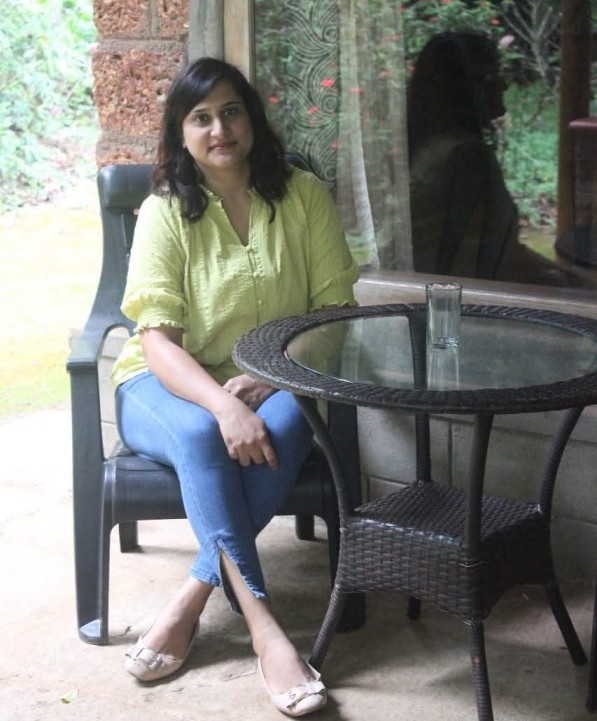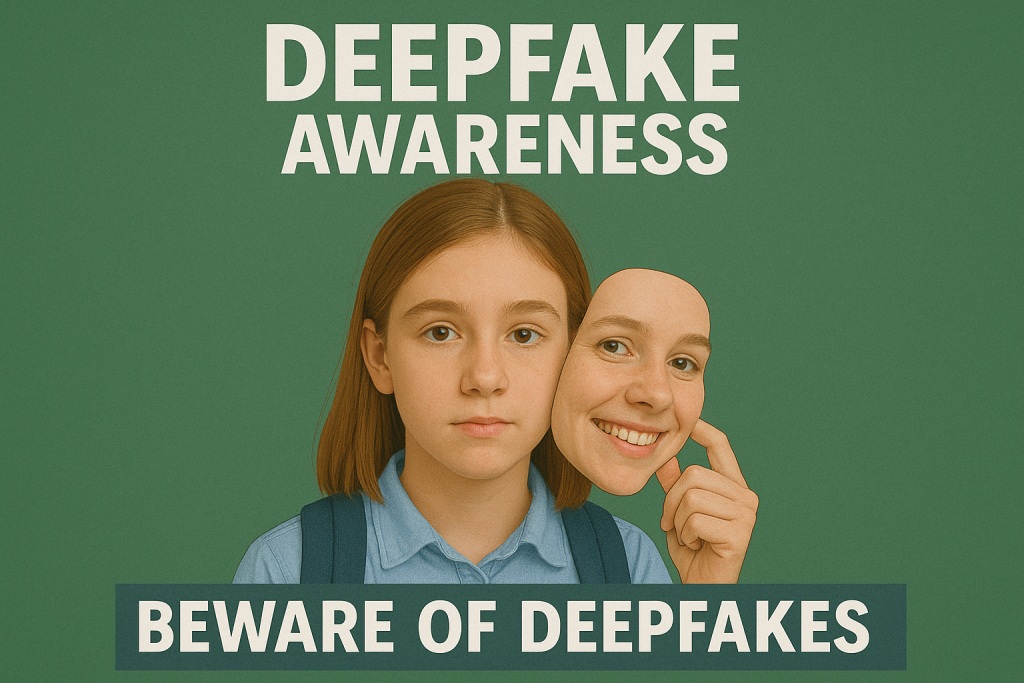What if you saw a video of Narayana Murthy and Sudha Murty—India’s most respected entrepreneurial couple—calmly recommending a revolutionary new investment platform? Their expressions are reassuring, their voices warm and persuasive. They speak with conviction, recommending an “AI-powered automated software” called Quantum AI. All you need to do is deposit ₹21,000, and by the end of the month, you’ll earn over ₹18 lakh.
Sounds unbelievable? That’s because it is.
According to fact-checks by NDTVand PTI , the video making these promises is a deepfake a digitally manipulated clip designed to scam people by misusing the faces and voices of the Murthys. These respected philanthropists never launched any such scheme. The video is completely fabricated, yet it’s so realistic that even the sharpest eye could be deceived.
And many were.
More Than a Scam — It's an Economic Warning
This isn’t just about technology. This is about economics. In our classrooms, we teach students to make rational choices, to analyze market trends, and to understand opportunity cost. But what happens when decision-making is hijacked by false information?
This is what economists call information failure—when individuals make choices based on incorrect or misleading data. And in today’s digital age, one viral fake video can distort the entire decision-making process, not just for one person, but for thousands.
The Speed of Lies
The spread of misinformation is faster than any market crash. Within minutes, a deepfake can go viral, making people question reality itself. In a time when trust is fragile and social media is king, one clever deception can shake the financial security of families, destroy reputations, and create widespread panic.
If you're wondering how such scams work—it's simple and sinister: scammers prey on emotional triggers like greed, trust, and urgency. They use faces we respect to lower our guard. And before we realize it, we're trapped—financially and psychologically.
Teaching Truth in a World of Illusion
As educators and parents, we are at the frontline of this crisis. We need to teach our students more than just formulas and definitions—we need to teach digital discernment. Media literacy is now as important as mathematical literacy. Critical thinking isn’t just an academic skill—it’s a survival skill.
Because the next scam won’t come with a warning. It’ll come with a familiar smile and a convincing voice.
Here are the three golden rules we must all live by in the digital age:
Rule: 1 Don’t trust—verify.
Not everything that looks real is real. Always cross-check with official news sources or fact-checking platforms like PTI and Alt News.
Rule: 2 Don’t react—research.
Scammers prey on urgency and excitement. Take a moment. Read the fine print. Ask questions.
Rule: 3 Don’t invest in illusion—invest in awareness.
The most powerful defense against digital scams isn’t an antivirus or a firewall. It’s your own judgment.
This incident isn’t just a warning—it’s a wake-up call. In this new digital economy, where truth can be mimicked and trust can be manufactured, the most valuable asset we possess is our ability to question before we believe.
Because in a world where even Sudha Murty’s face can be faked, blind belief is a luxury we can no longer afford.

Reema Dashora
PGT Economics teacher
Reema Dashora is a PGT Economics teacher with an MBA in Finance. She has a passion for calligraphy writing and travelling
Enquiry
 Apply Now
Apply Now



